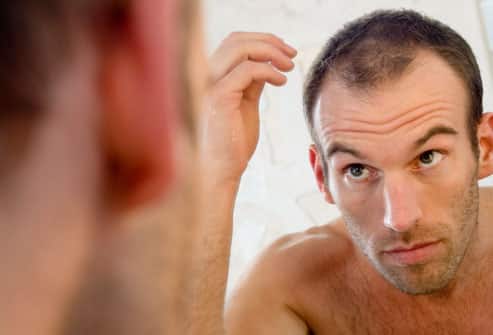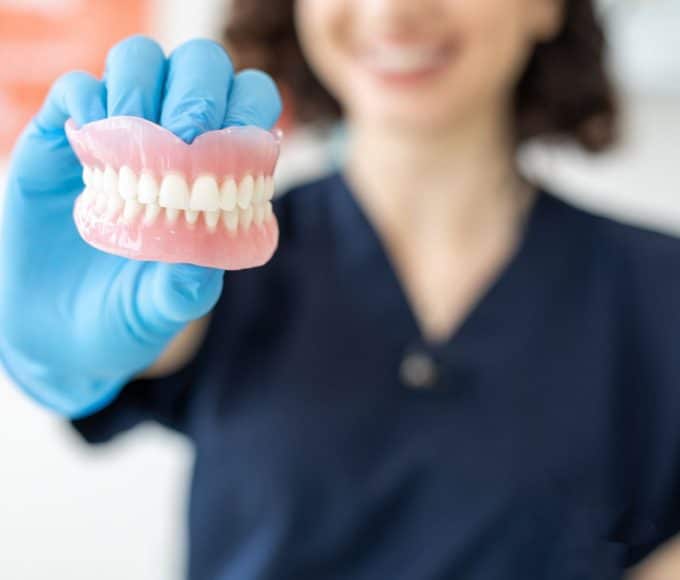Hair loss, known medically as alopecia, can affect any part of the body. Baldness usually refers to hair loss from the scalp. While women and children can experience hair loss, baldness is more common in men.
More than 35 million men live with some degree of hair loss. Most have androgenetic alopecia, commonly called male pattern baldness. This type of hair loss is characterized by a receding hairline and thinning hair on top of the head.
Some men hide their baldness with hats, hairstyles or makeup. Others treat their hair loss with medications, nutritional supplements or surgery. Many men simply let their baldness run its course.
Male Baldness Symptoms
Male pattern baldness usually begins at the hairline. Over time, the hairline shifts backward or recedes, creating an “M” shape pattern along the forehead. As the hair becomes thinner, a “U” shape or horseshoe pattern forms around the head.
Doctors diagnose male baldness based on the pattern of hair loss it creates. In addition to a physical examination, medical and family histories are helpful for diagnosis. Skin biopsies or other lab tests can diagnose underlying disorders that may cause hair loss.
Most doctors do not use hair analysis to diagnose baldness since nutrient deficiencies and certain conditions may cause similar symptoms. Hair analysis is still helpful, however, because it can reveal arsenic, lead and other substances in the body.
Male Baldness Causes
Diet, medications, nutritional supplements and environmental factors contribute to male pattern baldness. Male sex hormones and genetic predisposition are the greatest contributors. Men who have bald ancestors or family members are most likely to suffer this type of hair loss.
Hereditary androgenetic alopecia occurs when men have too much dihydrotestosterone (DHT) in the scalp. An enzyme called 5 alpha-reductase converts testosterone into DHT. This hormone by-product shortens the growth phase of hair. This results in brittle hair that falls out faster than normal.
Male Baldness Treatments
For some types of hair loss, regrowth occurs without any treatment. Male pattern baldness may respond to medical or non-medical treatments. If an underlying disease causes hair loss, treating the disease may stop it.
The United States Food and Drug Administration (FDA) has approved two drugs to treat hair loss: minoxidil and finasteride. Minoxidil is an over-the-counter solution that is formulated to regrow hair and slow further hair loss. Finasteride is a prescription medication that interferes with the production of DHT to slow hair loss.
Hair transplants and scalp reduction are two common surgical procedures to correct hair loss. Transplants remove small plugs of skin and hair from healthy parts of the scalp and implant them into bald areas. Scalp reduction removes part of a bald scalp and closes the space with hair-covered skin.
For some men, nutritional supplements slow hair loss and encourage regrowth. They contain botanicals and other natural ingredients that block the production of DHT. Many men prefer natural supplements because they do not cause the sexual side effects that are common with prescription drugs and other medical treatments.
Male Baldness Outlook
Without treatment, the hair loss associated with male pattern baldness is usually permanent. Moreover, baldness can affect a man’s confidence, self-esteem and stress levels. Hair loss that occurs rapidly or in an atypical pattern may indicate an underlying condition. In cases like this, it is wise to seek medical attention.














